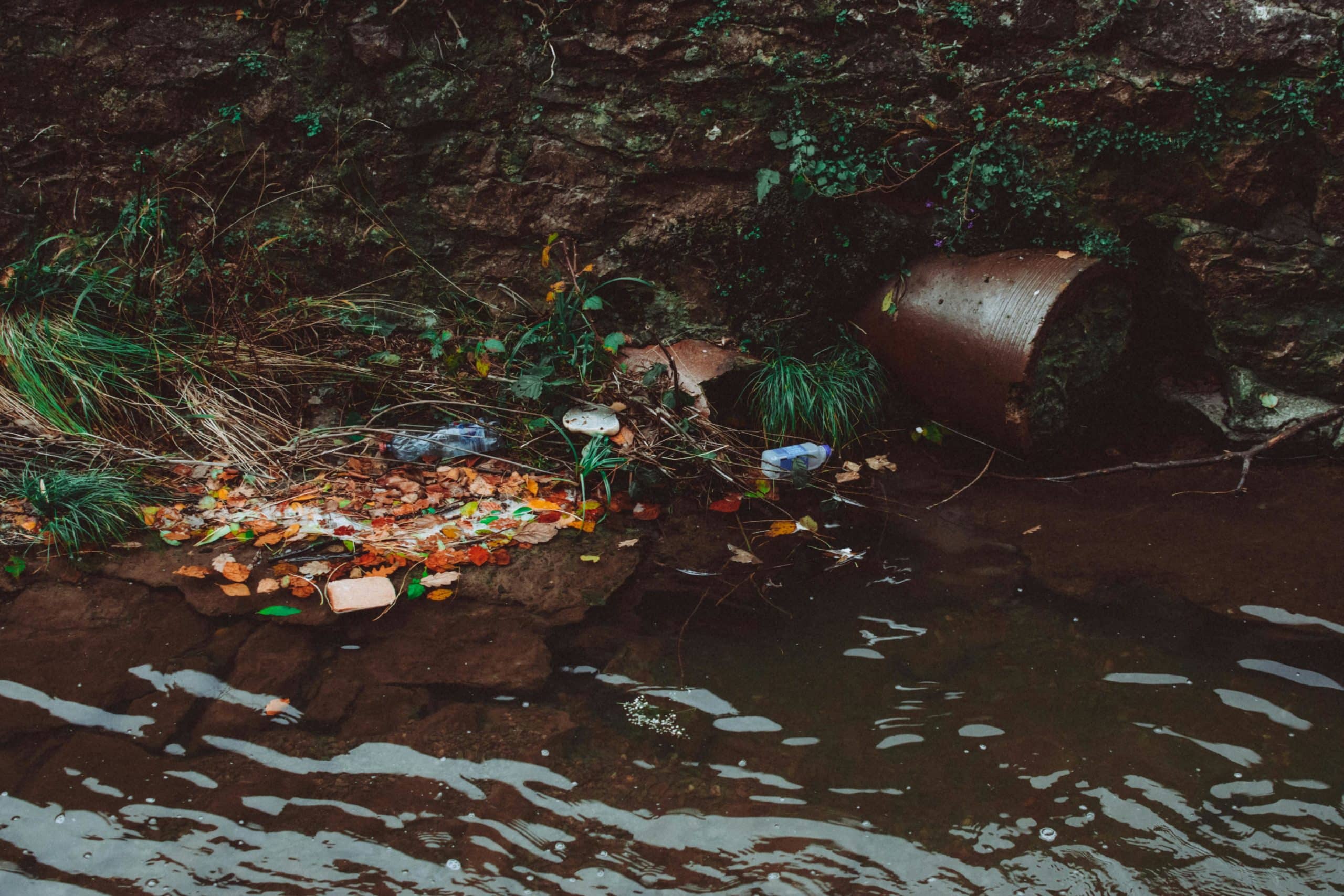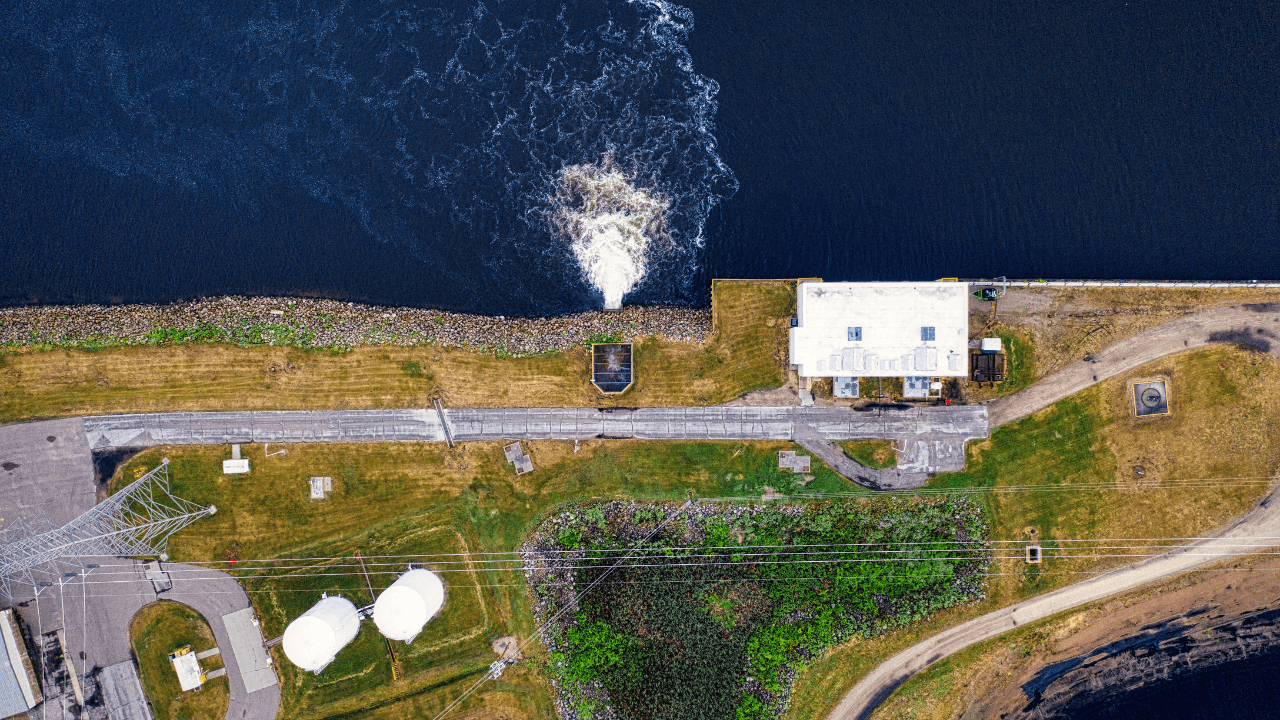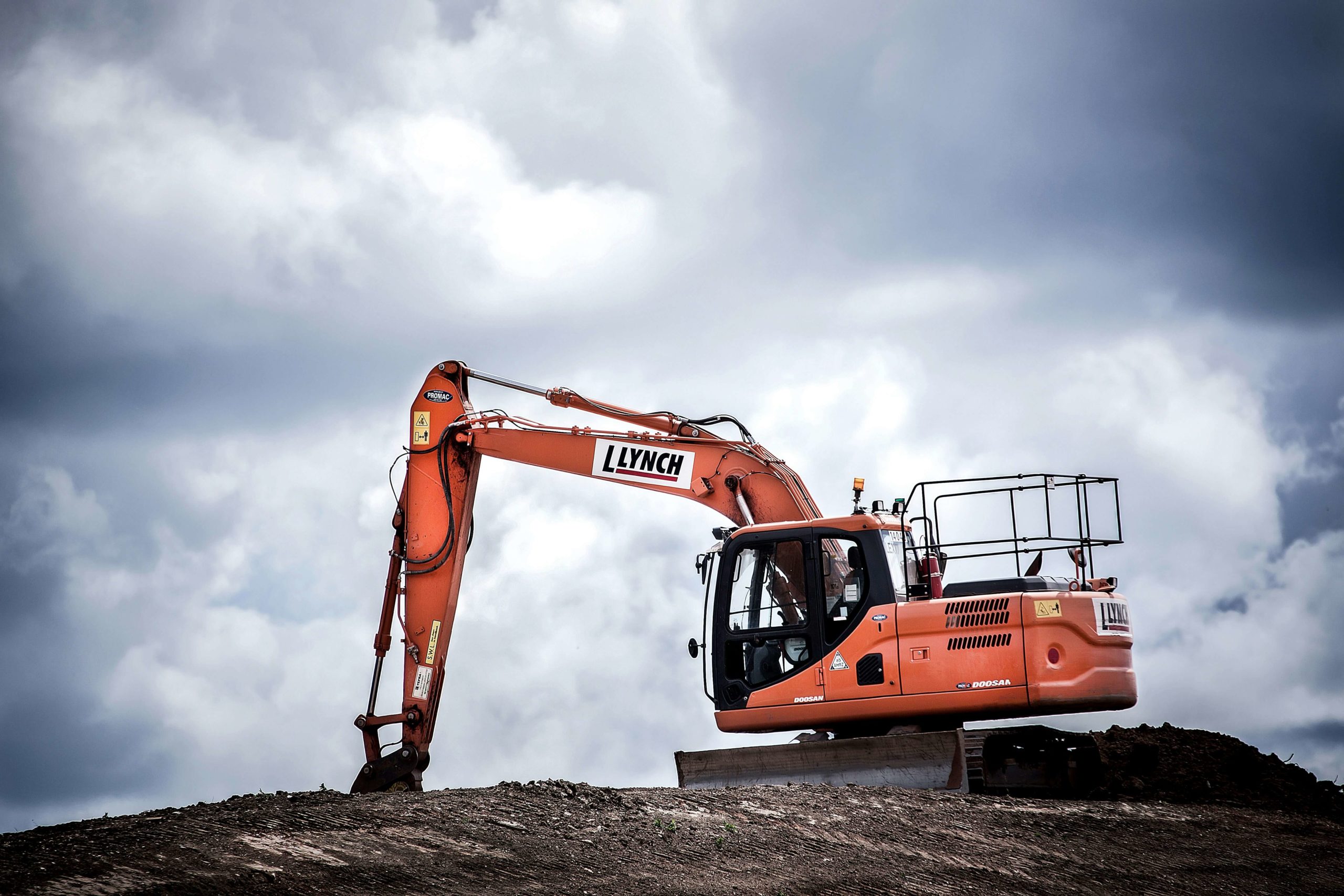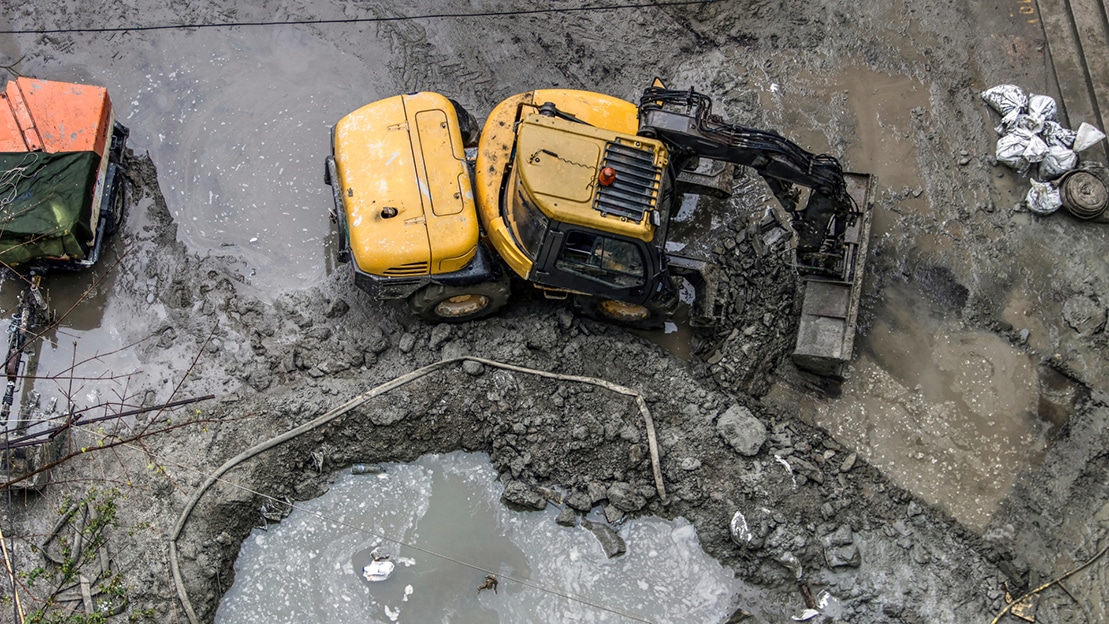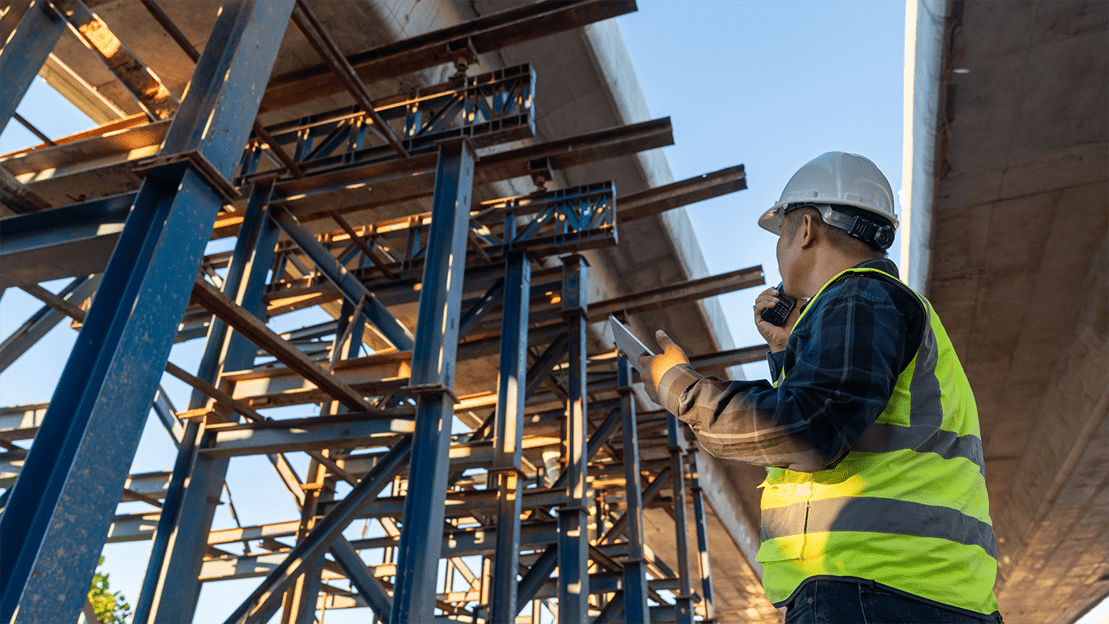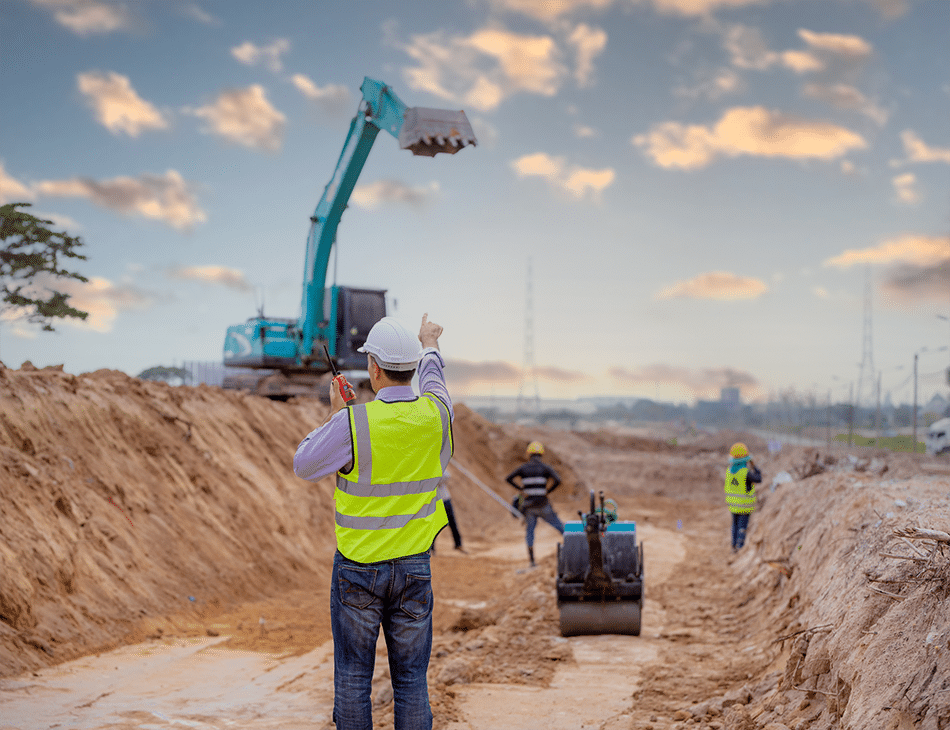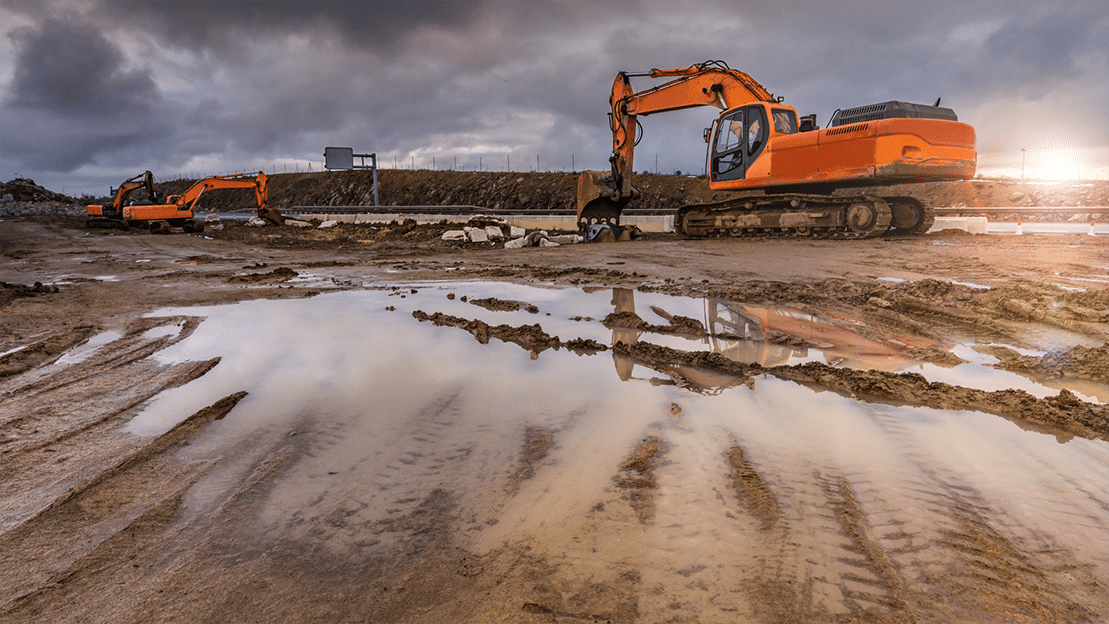Stormwater pollution is a critical environmental issue that impacts water quality, public health, the environment, and the economy. From the runoff on our streets to the chemicals and pollutants entering our waterways, the consequences are far-reaching. But there’s hope—individuals and businesses alike have the power to make a positive impact.
Tag: stormwater
Exploring the Broad Impact of Polluted Stormwater on U.S. Waters Stormwater pollution in the United States is a critical environmental challenge with far-reaching impacts. This blog unravels how contaminated runoff from urban and rural areas significantly affects aquatic ecosystems, public health, and the economy. We delve into the ways pollutants like heavy metals and chemicals
Impact of Stormwater Pollution in the US | ComplianceGORead More »
Securing Local Government Support for MS4 Stormwater Initiatives Municipal Separate Storm Sewer Systems (MS4s) face a critical challenge: securing necessary funding and support from local governments. This blog delves into effective strategies for MS4s to navigate this complex terrain. We’ll explore how educating local officials, developing comprehensive plans, and fostering community partnerships can pave the
Funding Strategies for MS4 Stormwater Projects | ComplianceGORead More »
Changes in Cloud-Based SWPPPs and EPA Permit Requirements Stormwater pollution prevention plans (SWPPPs) are an integral component for stormwater management methods including managing runoff from construction sites to prevent pollution of water sources. SWPPPs are typically required for construction projects and industrial facilities exposed to stormwater runoff in the United States under the Clean Water
Changes in Cloud-Based SWPPPs and EPA Permit Requirements | ComplianceGORead More »
How Does a Builder With Multiple Stormwater Permits Avoid a Consent Decree? Easy Steps to Take to Avoid a Consent Decree Avoiding a consent decree in relation to multiple stormwater permits typically involves ensuring compliance with all applicable regulations and permits. Here are some general steps a builder can take to minimize the risk of
MS4 Inspections Case Study: Challenges and Software Solutions Abstract This case study delves into the challenges encountered by an MS4 (Municipal Separate Storm Sewer System) inspector tasked with conducting inspections while simultaneously monitoring permitted sites. The role of an MS4 inspector is crucial in ensuring compliance with stormwater regulations and protecting water quality. However, the
MS4 Inspections Case Study: Challenges and Software Solutions | ComplianceGORead More »
Your Guide to Evaluating Stormwater Inspections Management Software
Understanding the California Stormwater Permit Requirements Understanding the California Stormwater Permit Requirements As society expands, and urban areas sprawl, stormwater management becomes a critical aspect of preserving the environment. This is especially true in California, a state known for its diverse ecosystems, vast agricultural expanses, and heavily urbanized areas. To help ensure this balance between
Understanding the California Stormwater Permit Requirements | ComplianceGORead More »
When Is a Stormwater Pollution Prevention Plan Required? In a world where environmental responsibility is becoming an ever-greater priority, understanding the ins and outs of Stormwater Pollution Prevention Plans (SWPPP) is crucial. But when exactly is a SWPPP required? Before we delve into that, let’s discuss the significance of stormwater pollution prevention and why you
When Is a Stormwater Pollution Prevention Plan Required? | ComplianceGORead More »
CA Construction General Permit & Stormwater Plan Essentials Navigating the California Construction General Permit and SWPPP Compliance With ComplianceGo The California Construction General Permit, also known as the California CGP, is a key regulatory requirement for construction sites that displace soil or involve land clearing. Understanding the intricacies of the permit, its compliance requirements, and
CA Construction General Permit & Stormwater Plan Essentials | ComplianceGORead More »

